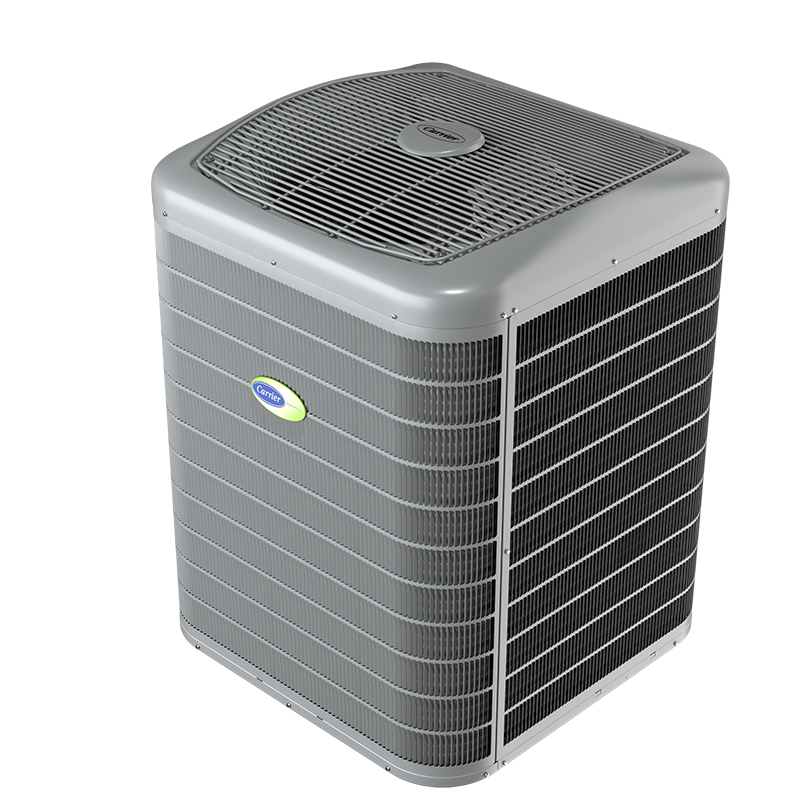Adding a heat pump to your home in Wisconsin can provide several benefits, including:
1) Heating and cooling: Heat pumps are versatile appliances that can both heat and cool your home. They work by extracting heat from the air outside and transferring it inside during the winter months, and reversing the process during the summer months to cool your home. This means you only need one appliance to provide both heating and cooling throughout the year, which can be cost-effective and convenient.2) Energy efficiency: Heat pumps are highly energy-efficient because they don’t generate heat, but rather transfer it. This means they use less energy to produce the same amount of heat compared to traditional furnaces or air conditioners. In Wisconsin, where winters can be cold and summers can be hot and humid, a heat pump can help you save on energy costs throughout the year.
3) Environmentally friendly: Heat pumps are a more environmentally friendly option compared to traditional heating and cooling appliances because they don’t burn fossil fuels or release harmful emissions into the atmosphere. By choosing a heat pump, you can reduce your carbon footprint and contribute to a cleaner environment.
3) Comfortable indoor environment: Heat pumps can provide consistent and comfortable indoor temperatures because they distribute heat evenly throughout your home. They can also help control humidity levels, which can improve indoor air quality and reduce the risk of mold growth.
4) Long lifespan: Heat pumps typically last longer than traditional heating and cooling appliances, with an average lifespan of 15-20 years. This means you can enjoy the benefits of your investment for many years to come.
It’s important to note that the value of adding a heat pump in Wisconsin will depend on your specific circumstances, including the size and layout of your home, your energy usage habits, and your budget. However, in general, a heat pump can be a valuable addition to your home that can provide comfort, energy savings, and environmental benefits.
While heat pumps can provide many benefits in Wisconsin, there are also some downsides to consider:
1) Cost: Heat pumps can be more expensive upfront compared to traditional heating and cooling appliances. Depending on the size of your home and the type of heat pump you choose, you may need to invest more money upfront to purchase and install a heat pump. Depending on your energy sources and cost, it may actually end up more to heat your home in the colder months.2) Performance in extreme cold temperatures: Heat pumps work by transferring heat from the outside air into your home. However, in extremely cold temperatures, there may not be enough heat in the air for the heat pump to efficiently heat your home. In Wisconsin, where winters can be cold and harsh, it’s important to choose a heat pump with a high heating capacity or consider a backup heating source, such as a furnace or electric resistance heating.
3) Maintenance: Heat pumps require regular maintenance to operate efficiently and effectively. This includes changing filters, cleaning coils, and inspecting and repairing any parts that may become worn or damaged over time. Regular maintenance can help prolong the life of your heat pump and ensure that it operates at its maximum efficiency, but it may require additional time and expenses.
4) Noise: Heat pumps can produce a humming or buzzing sound when they are running, which may be noticeable in some homes. If you are sensitive to noise, or if your heat pump is located near a bedroom or other quiet area of your home, this may be a downside to consider.
5) Compatibility with older homes: Heat pumps may not be compatible with older homes that have insufficient insulation or ductwork. If your home is not properly insulated or has outdated ductwork, you may need to make additional upgrades to ensure that your heat pump operates effectively.
Overall, while there are some downsides to consider, the benefits of adding a heat pump in Wisconsin may outweigh the potential drawbacks. It’s important to consult with a qualified HVAC professional to determine the best heating and cooling options for your specific circumstances.





